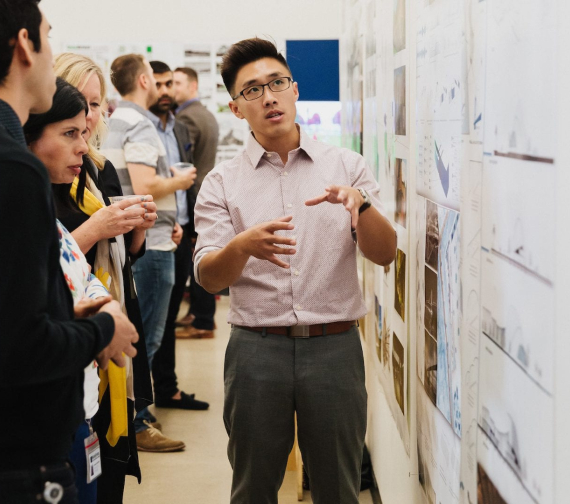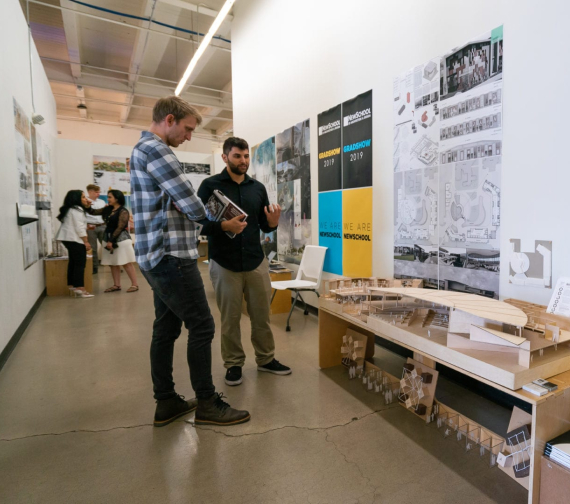Our comprehensive curriculum develops articulate and confident students, fostering academic and professional success, interdisciplinary connections, and engagement with contemporary concerns. Our faculty emphasizes relevant learning, linking coursework to global landscapes, environments, cultures, and histories. Through balanced scientific, design, and humanistic inquiry, students become scholars, cultivating self-awareness, empathy, and a dynamic global perspective. Project-based learning promotes sustainability and prepares students to transform their education into impactful action as global citizens.

- About
- Academics
- Architecture
- Construction Management
- Design
- Integrative Studies
- Catalog and Calendar
- Assesment
At NewSchool, learning is accessible to individuals of all learning styles and stages of life. Read more
- Architecture
- Admissions
- Student Services
- Campus Life
- Meet Our Alumni
- contact us
 619-684-8800
619-684-8800


